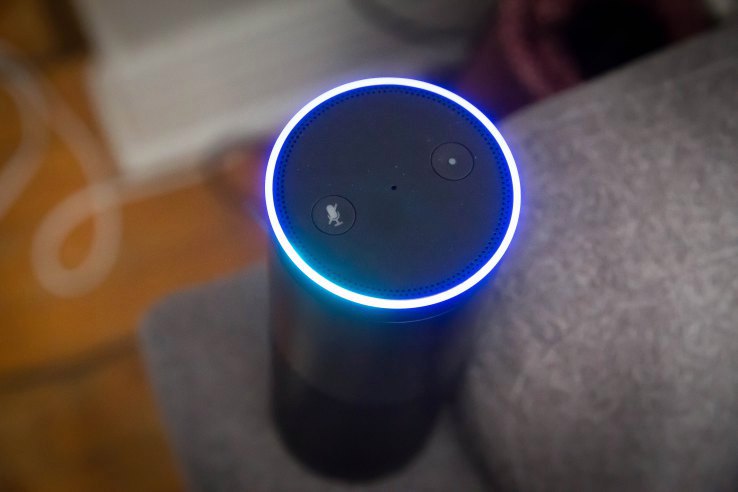

Amazon’s Echo speaker, and its descendents, Dot and Tap, are growing in popularity as consumers’ preferred “smart” speakers and the voice computing platform for the home. But they’re also encouraging a wave of developer interest, in the form of add-ons dubbed “skills” which allow you to teach Amazon’s personal assistant Alexa new tricks, like calling you an Uber…or ordering you a pizza. Today, Amazon announced that its Alexa app store, so to speak – the “skills” section – has grown to over 1,000 skills. That’s a notable milestone, given that ordering the Echo was only available by invite up until last June.
The company has also brought Alexa’s power to other connected devices, including Fire TV and even those made by third-party hardware makers, thanks to its open platform.
To give you an idea of how quickly this third-party “app” ecosystem has grown, in January of this year, Alexa’s skills section had reached over 130 apps.
In an announcement, the company highlighted several of the more notable additions to Alexa’s selection of skills, including those from Capital One, Domino’s, Fitbit, KAYAK, SmartThings, Uber, and others. Rob Pulciani, Director, Amazon Alexa, also gave an idea of the third-party developer community’s size – which is now in the “tens of thousands.” That implies significant interest in at least toying around with Alexa, even if not all developers are actually launching apps.
Developers who want to build for the platform use the Alexa Skills Kit (ASK) to allow their voice-powered apps to work with Alexa, who hears and understands the customer’s request, resolves it, and maps it the developer’s endpoint, explains Amazon.
Alexa’s capabilities have also steadily improved over time.
For example, in March, Amazon improved Alexa Voice Services, which lets developers add Alexa’s voice control to their own devices. And just this week, Amazon announced four new Alexa Skills Kit built-in intents that help users of third-party apps more easily navigate the skills, including being able to navigate to the next item in a list, pause an action in-progress, go back to a previous item, or resume an action.
But while it’s great that Alexa has gotten more powerful thanks to these skills, the problem Amazon faces now is one of discovery.
The Alexa’s “app store” – the skills section in the Alexa app that works with the connected speaker or other Alexa-powered devices – is really bare bones. Search does not work that well, and there are no categories or top charts, as on other app stores. With over 1,000 apps and growing, Amazon will need to do more to bring the best apps to the front-and-center somehow, so potential users can actually find them.

